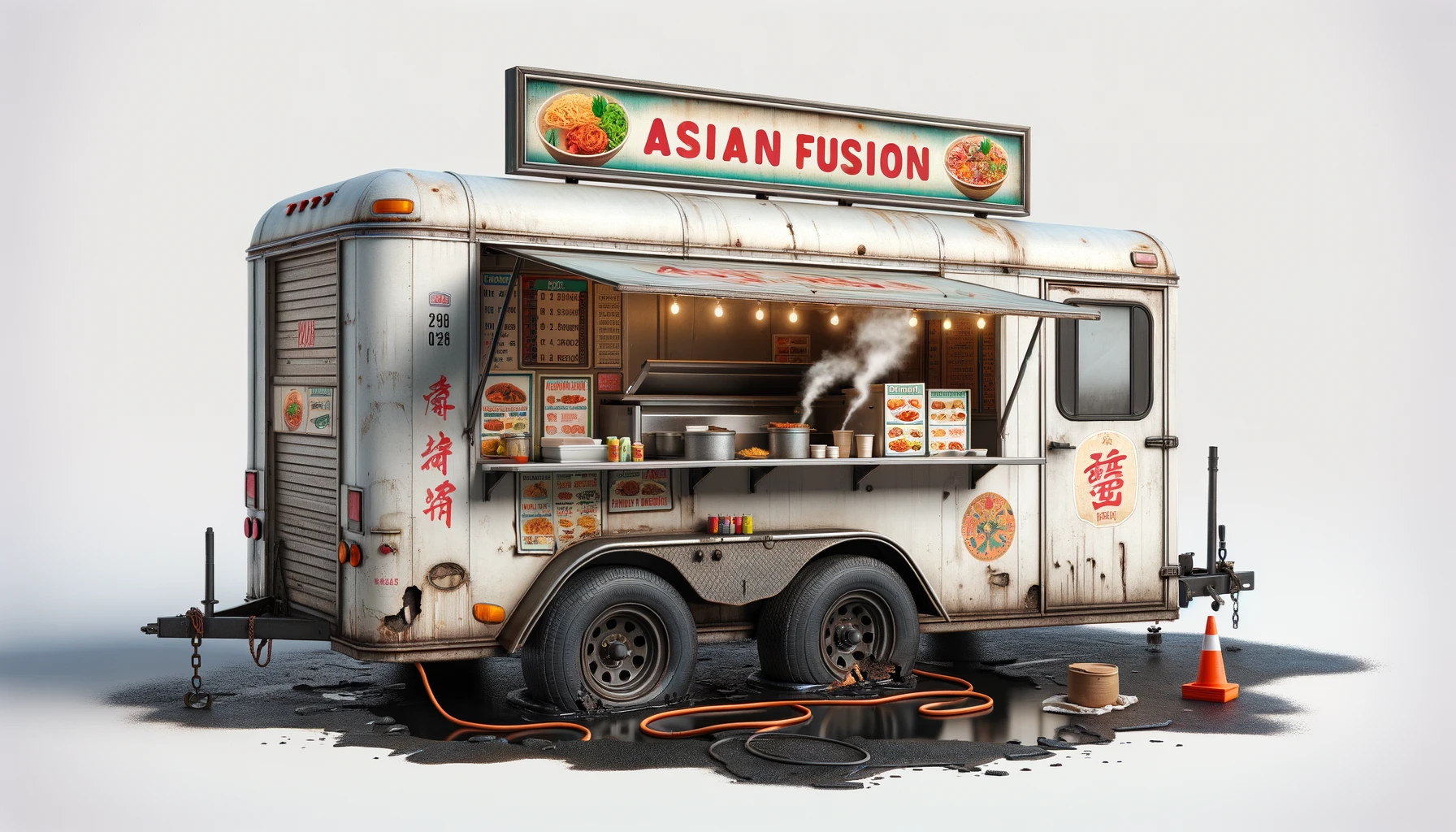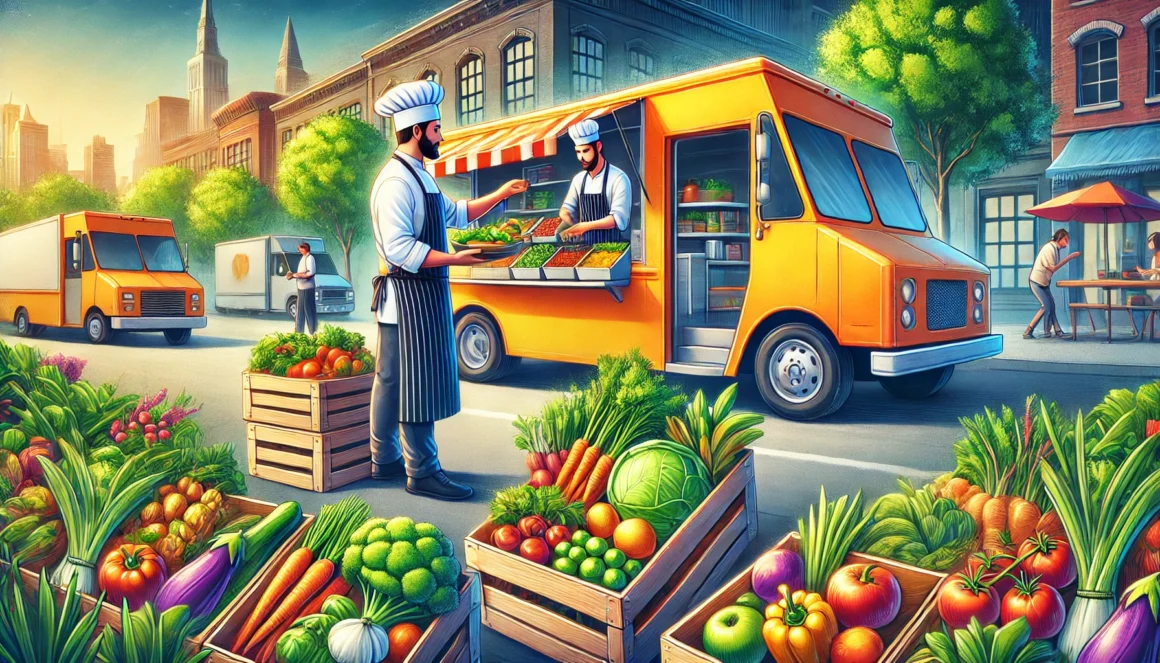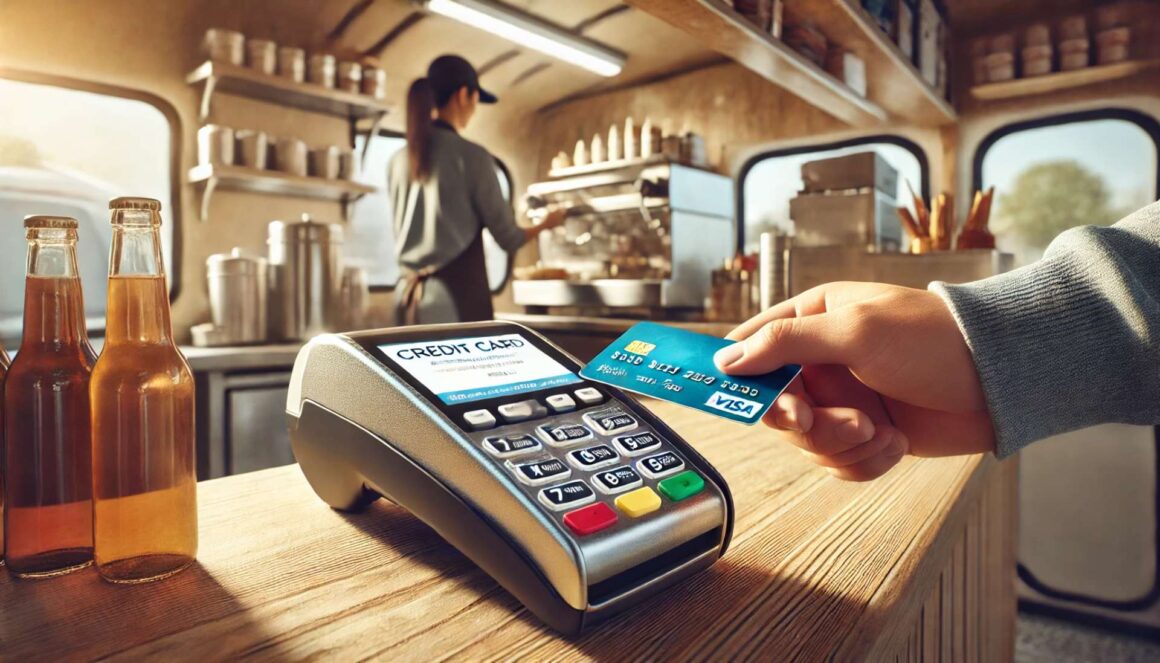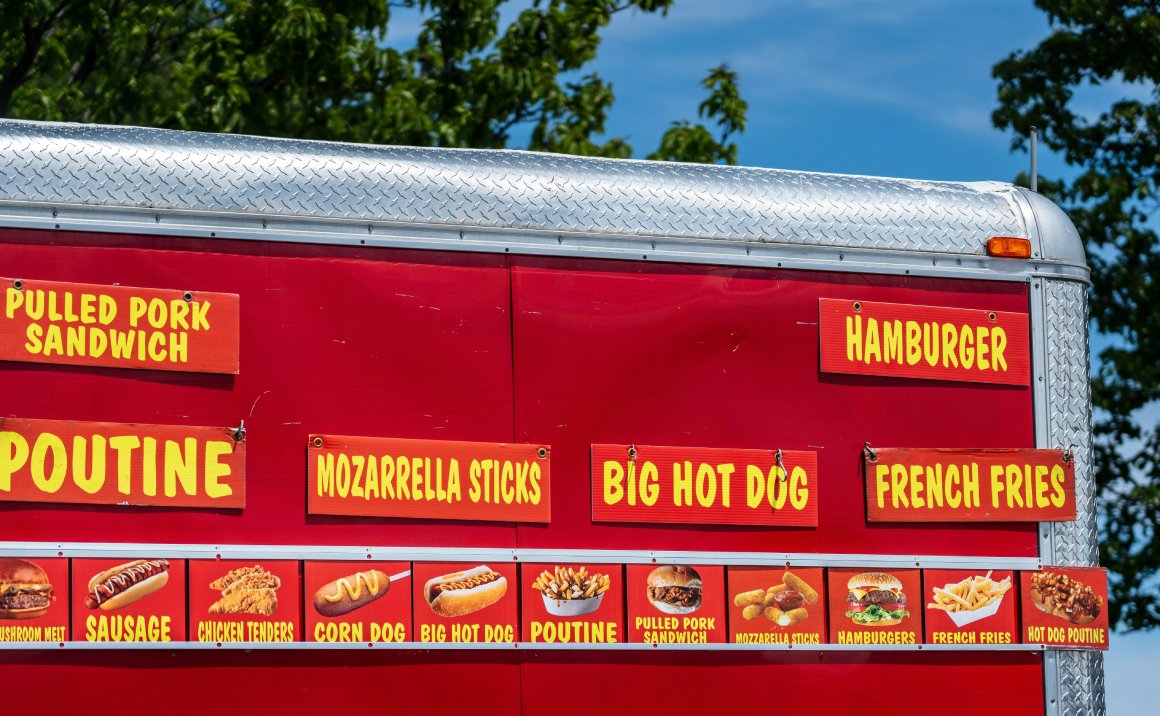
Navigating the Risks of Buying a Concession Trailer: Common Pitfalls and How to Avoid Them
This post is part of a regular series. Click here to start at the beginning.
If you’ve decided that a concession trailer is the right fit for your mobile food business, it’s essential to understand the potential risks involved in buying one. While concession trailers offer a larger kitchen space and flexibility for semi-permanent setups, there are several common issues—whether purchasing new or used—that could derail your plans.
In this post, we’ll dive into the risks of buying a concession trailer, offer advice on how to mitigate those risks, and provide tips for evaluating new and used trailers.
1. Trailer Frame and Structural Integrity: The Foundation of Your Business
The trailer’s frame is its foundation, and any structural issues could lead to major problems down the road. This is especially true for used trailers, where wear and tear from years of use may not be immediately visible. Cracked frames, rust, and poorly maintained structures can compromise the safety and longevity of your trailer.
Key Risks:
- Rust and Corrosion: Rust is a common issue in older trailers, particularly around the joints, undercarriage, and other metal components. Left unchecked, rust can weaken the trailer’s frame, making it unsafe to tow or operate.
- Cracked Frames: Structural cracks in the frame can result from wear and tear or poor maintenance. A cracked frame compromises the trailer’s ability to support the weight of your kitchen equipment and customers, making it a serious safety risk.
Example: A BBQ concession trailer may experience wear around the hitch and undercarriage due to frequent towing, increasing the risk of structural damage.
How to Mitigate the Risk:
- Thorough Inspection: If you’re purchasing a used concession trailer, have a professional inspect the frame and undercarriage for rust and structural damage. Look closely at the trailer’s joints, welding, and hitch for signs of wear.
- Ask for Maintenance Records: For used trailers, ask the seller for maintenance and repair records. This will give you insight into how well the trailer has been maintained and whether any structural issues have been addressed.
2. Towing Issues: The Importance of the Right Tow Vehicle
Since concession trailers don’t have engines, they rely on a tow vehicle to move from place to place. Choosing the wrong tow vehicle—or buying a trailer that exceeds the capabilities of your existing tow vehicle—can result in mechanical failures, safety issues, and expensive repairs.
Key Risks:
- Overloading the Tow Vehicle: If the trailer is too heavy for your tow vehicle, you’ll face increased wear on the engine and transmission, which could result in breakdowns and costly repairs.
- Poor Weight Distribution: If the trailer’s weight isn’t properly balanced, it could lead to swaying, instability, or difficulty in steering while towing, increasing the risk of accidents.
Example: A taco trailer that’s fully loaded with kitchen equipment may be too heavy for a standard pickup truck, requiring an upgrade to a more powerful vehicle.
How to Mitigate the Risk:
- Know Your Towing Capacity: Before purchasing a concession trailer, make sure your tow vehicle is capable of safely pulling the trailer’s weight. Factor in the weight of the kitchen equipment, water tanks, and supplies when calculating the total weight.
- Upgrade Your Tow Vehicle if Needed: If your current vehicle isn’t up to the task, consider upgrading to a heavier-duty truck with a higher towing capacity. This investment will help you avoid mechanical issues and ensure the safety of your trailer.
3. Faulty Kitchen Equipment and Setup
Much like food trucks, concession trailers are mobile kitchens, and the condition of your equipment is crucial to running a successful business. Whether you’re buying new or used, faulty kitchen appliances, plumbing, and ventilation systems can lead to costly repairs, safety hazards, and food quality issues.
Key Risks:
- Wiring done incorrectly: Take a look at your breaker panel, if you have 3 plugs wired to a single 20 amp breaker, you will need to get this resolved. Each plug should be on its own breaker in order to make the most efficient use of the limited power you have available.
- Incompatible or Faulty Equipment: Some trailers come with low-quality or incompatible kitchen equipment that wasn’t designed for mobile use. These appliances may break down more frequently or require expensive repairs.
- Plumbing and Ventilation Issues: Poorly installed or malfunctioning plumbing can lead to water leaks, while inadequate ventilation can result in fire hazards, especially when using fryers or grills.
Example: A BBQ trailer with a faulty ventilation system could pose a fire hazard, especially when using a smoker or grill in an enclosed space.
How to Mitigate the Risk:
- Test the Equipment: Before purchasing a trailer, ensure that all the kitchen appliances are in good working order. Test each piece of equipment (grill, refrigerator, fryer) to verify that it heats, cools, and operates correctly.
- Inspect Plumbing and Ventilation: Have a professional inspect the trailer’s plumbing and ventilation systems to confirm that they are up to code and capable of handling the demands of your menu.
4. Tire and Axle Issues: Safety on the Road
Tires and axles are critical components of any concession trailer. Worn tires, bent axles, or improper weight distribution can lead to unsafe driving conditions and costly repairs down the road. It’s crucial to ensure that the trailer is safe to tow and capable of withstanding frequent travel.
Key Risks:
- Cheap Tires: Most trailer sellers use the cheapest 8PR tires they can put on your trailer. Be sure to get some 12PR or even better if you can find them
- Worn Tires: Tires on concession trailers endure significant stress, especially when fully loaded with equipment. Worn or improperly inflated tires can cause blowouts or reduce towing safety.
- Axle Damage: Bent or damaged axles can result from overloading the trailer or hitting potholes during transit. A damaged axle can lead to poor handling and increase the risk of accidents.
Example: A taco trailer traveling to different events every weekend may experience frequent wear on its tires and axles, increasing the risk of blowouts if not properly maintained.
How to Mitigate the Risk:
- Inspect Tires and Axles: Before purchasing a trailer, inspect the tires for wear, proper inflation, and age. Check the axles for any signs of bending or damage, particularly if the trailer has been heavily loaded in the past.
- Replace Tires if Necessary: If the tires are more than six years old or show significant signs of wear, plan to replace them before hitting the road.
5. Risks of Buying New vs. Used Concession Trailers
When deciding between a new or used concession trailer, there are different risks to weigh. A new trailer offers peace of mind with warranties and custom builds, while a used trailer may offer savings but come with hidden issues.
Buying New:
- Pros: A new concession trailer comes with warranties, ensuring that you’re covered if anything goes wrong. You’ll also have the freedom to customize the trailer’s kitchen layout and equipment to match your menu.
- Cons: New trailers can be expensive, with costs ranging from $30,000 to $100,000 depending on size and customization.
Buying Used:
- Pros: Used trailers are often significantly cheaper, with prices ranging from $15,000 to $50,000. This can help lower your startup costs.
- Cons: Without thorough inspections, used trailers may come with hidden issues, including rust, faulty equipment, or structural damage.
6. Budgeting for Maintenance and Repairs
Even with a well-maintained trailer, it’s important to budget for ongoing repairs and maintenance. This includes regular inspections of the trailer’s frame, tires, and kitchen equipment to prevent costly repairs later.
Key Tips:
- Set Aside a Maintenance Budget: Allocate 5-10% of your revenue for trailer maintenance, including tire replacements, axle checks, and appliance repairs.
- Stay on Top of Preventive Maintenance: Regular servicing can help prevent small issues from becoming costly repairs. This includes inspecting tires, checking the trailer’s frame for rust, and servicing kitchen equipment.
Conclusion: Protecting Your Concession Trailer Investment
Buying a concession trailer is a significant investment, and understanding the risks involved is key to making an informed decision. Whether buying new or used, take the time to inspect the trailer’s frame, kitchen equipment, and towing capabilities to ensure that your purchase will serve you for years to come. Working with reputable sellers and budgeting for maintenance will help you avoid costly mistakes and keep your trailer running smoothly.
Stay tuned for the next post in this series, where we’ll explore the risks and considerations of purchasing a food cart for your mobile food business!
This post is part of a regular series. Please use these links to view the rest of the series in order.
How to Manage Food Waste – Sourcing Fresher Ingredients
Sourcing Fresh Ingredients to Minimize Food Waste: A Chef’s Guide to Better Ingredients and Lower…
Pricing Strategies for Your Food Truck – Maximizing Profit Without Overpricing
How to Set the Right Prices for Your Food Truck Menu: A Guide to Profitable…
Overview of Credit Card Payment Processing Options for Food Trucks
How to Choose the Best Credit Card Payment Processing System for Your Food Truck Running…




